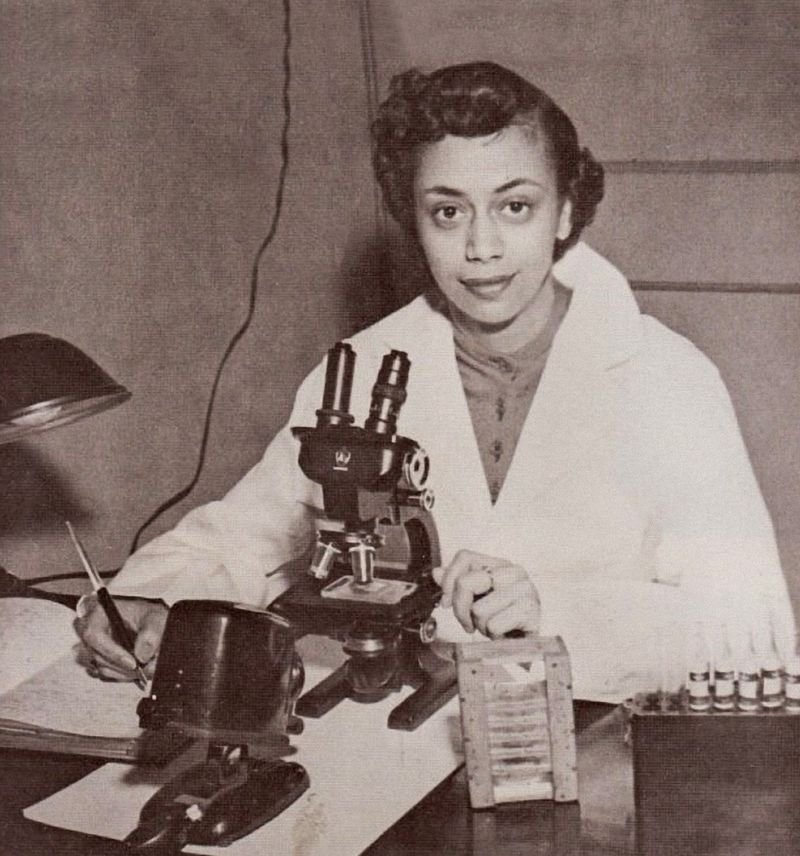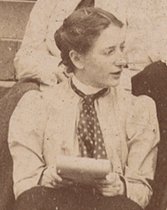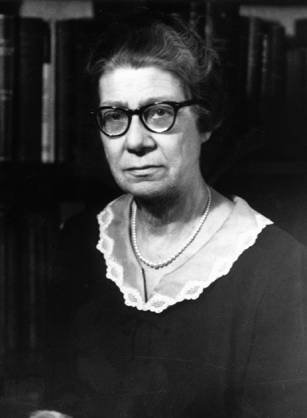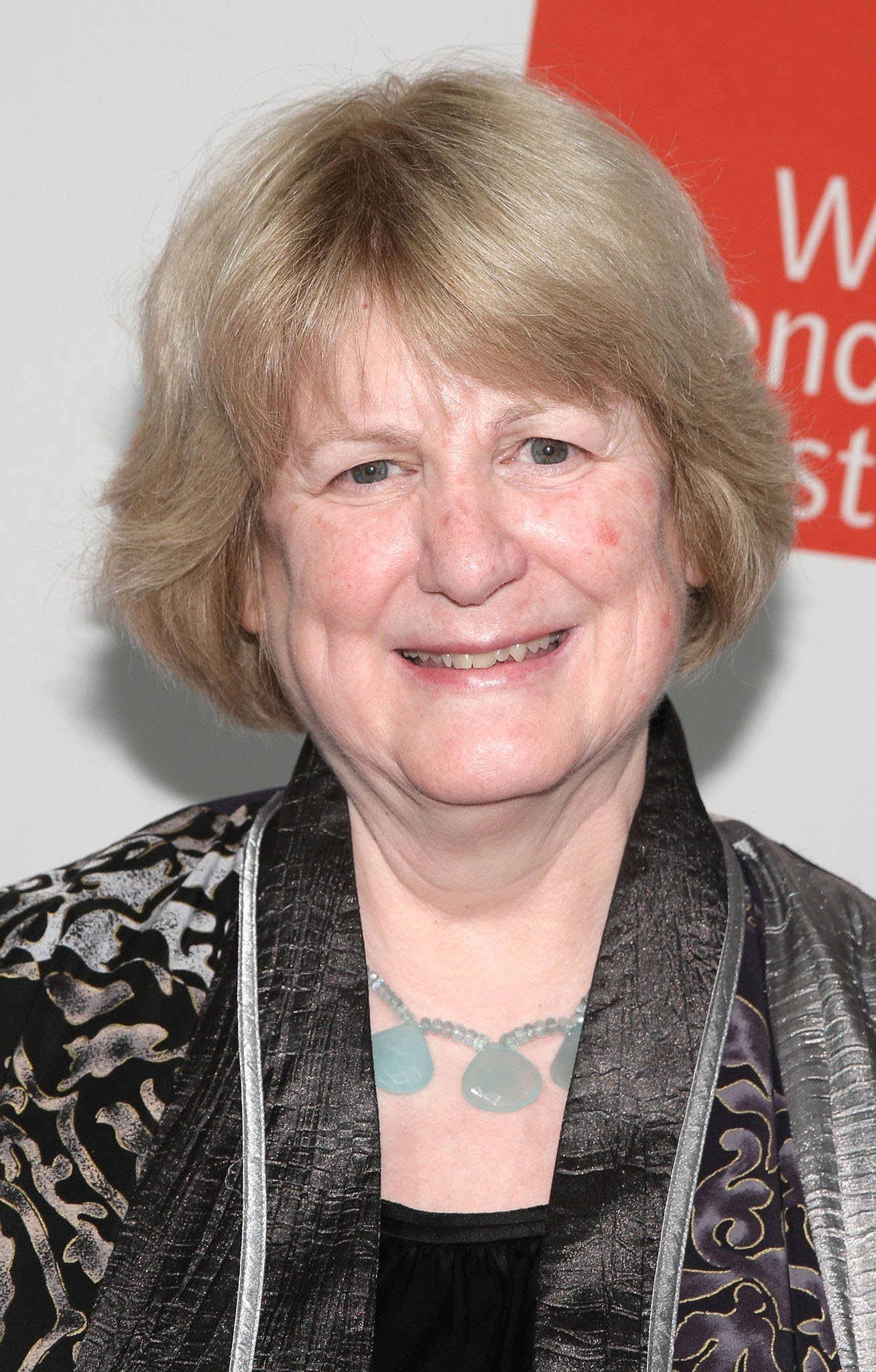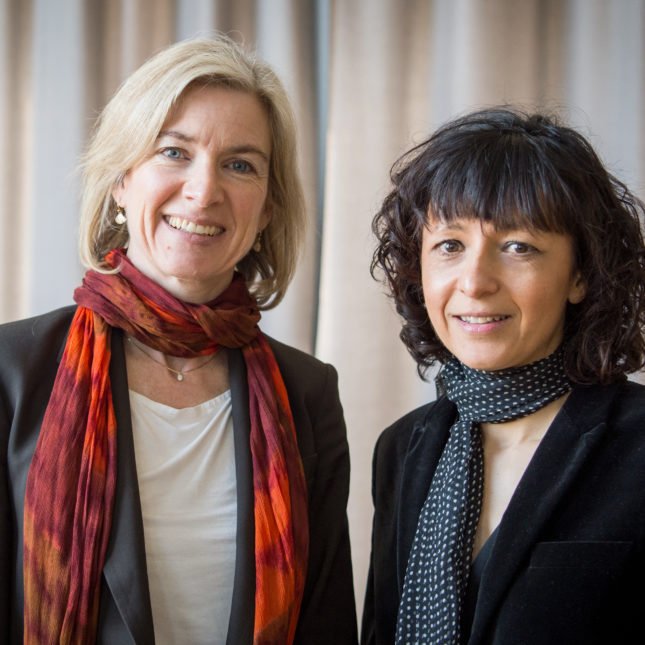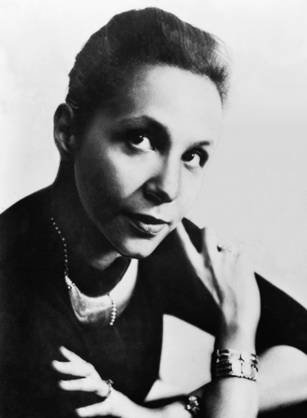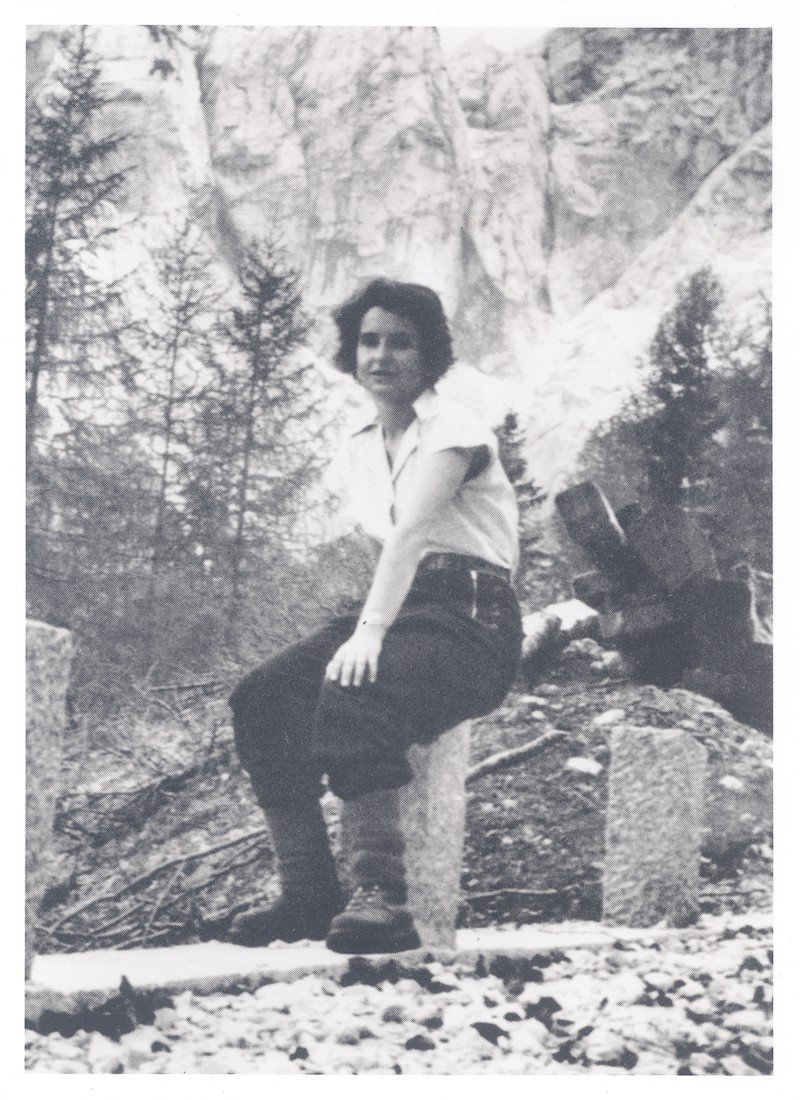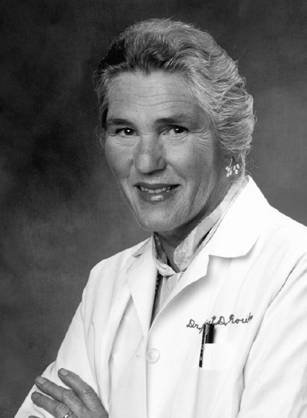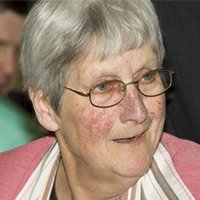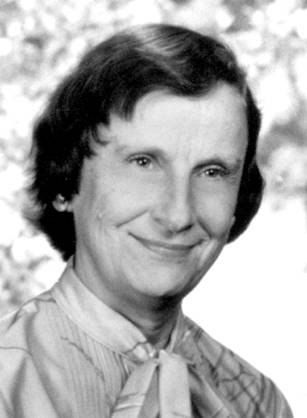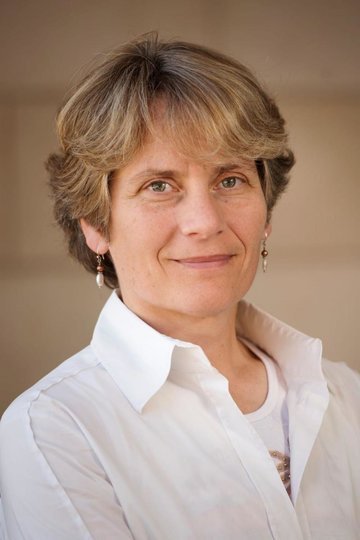Blazing a Trail: Women's Contributions to Cancer Research
March is empowering for women as we celebrate Women's History Month, a time to honor the brave, inspired, and innovative women who defied conventional social standards and blazed a trail toward progress. These bold women shattered societal expectations and dismantled long-standing prejudices to build a more equitable, just, and inclusive society. From suffragettes marching for the right to vote to modern-day activists calling for equal pay, women have fought for their voices to be heard and their rights to be respected. Although these courageous women have paved the way for gender equality, the harsh reality is that the fight is far from over. Women today still face systemic barriers that hold them back from achieving complete empowerment and equal footing with their male counterparts.
As champions for equality, the Chike Springer Foundation is dedicated to funding cutting-edge cancer research initiatives for marginalized communities. Our mission is to increase diversity in cancer research, and we believe awareness is crucial to enact change. In this article, we will address the glaring gender disparity in healthcare and recognize the groundbreaking achievements of women within medicine.
Uncovering the Past: Gender Inequality in Health Care
Women have experienced inequality in the healthcare system for centuries. In the past, women's physical complaints were often trivialized or misdiagnosed as psychologically based by medical professionals—a problem that still affects women today. In addition, women were not allowed to participate in clinical trials until the late 1980s. It wasn't even until 1993 that official National Institutes of Health (NIH) guidelines required female participation in clinical trials. Medical research was conducted exclusively on male participants for decades, creating gender bias in health care and treatment options. As a result of this discrimination, specific health issues—including those affecting reproductive organs—have historically been ignored and remain misunderstood to this day. One example of such discrimination lies in a research study from the NIH that found that more money is spent on diseases that primarily affect men rather than women. Another example from Harvard Health points out that 70% of those affected by chronic pain conditions are women, whereas 80% of pain research is conducted on males.
“Women were not allowed to participate in clinical trials until the late 1980s. It wasn’t even until 1993 that official National Institutes of Health (NIH) guidelines required female participation in clinical trials. ”
Increasing the number of women in healthcare is essential to achieving gender equality. Women are underrepresented in medical and scientific fields, with only 37% of physicians being female and only 41% of faculty members at medical schools being female. This lack of representation has resulted in a gap between what healthcare providers know about women's health issues and what they need to know to provide adequate care for their patients. By increasing the number of women in healthcare, we can ensure that female patients have access to knowledgeable practitioners who understand their needs and are better equipped to provide quality care. Furthermore, having more diverse voices informing research will lead to a greater understanding of how diseases affect different populations, which can ultimately improve patient outcomes. Eventually, by increasing the diversity within academic medicine, we can create a system where all individuals receive equitable treatment regardless of gender.
Celebrating 20 Extraordinary Women Who Transformed Cancer History
Amid a male-dominated field, let's take a moment to pay tribute to the incredible women of science who have dedicated themselves to advancing cancer research. Their tireless efforts and revolutionary breakthroughs have opened the gates to a brighter future in our struggle against this devastating disease. Fueled by their deep empathy and unwavering passion for patient well-being, these women fought through unique challenges to become pioneers in their field. These trailblazing women paved the way for future generations by pursuing higher education at a time when it was not encouraged for females. Despite being in the minority, they defied societal norms and proved that intelligence and ambition know no gender boundaries. Many of them had mentors and role models, who were often women, and went on to be leaders in their own right. Their parents often encouraged education or had advanced degrees themselves, which helped shape the direction of their chosen careers.
Today and every day, we are immensely grateful for the courageous women who have selflessly dedicated their lives to scientific research and healthcare. We honor them on this special occasion with the utmost respect and admiration. By recognizing their contributions, we can continue to inspire young women to realize their potential and become leaders in making a real difference for generations to come. From the first female Nobel laureate, Marie Curie, to the eighth, Carolyn Bertozzi, here are 20 women who have made an indelible mark in cancer history.
Marie Curie (1867–1934)
Marie Curie was a physicist and chemist, widely known as the first woman to win a Nobel Prize in 1903. She went on to become the first double recipient of the prize, taking home the award for Chemistry in 1911 for her discovery of radium and polonium. Her research laid the groundwork for our understanding of radioactivity, and her commitment to advancing cancer research was genuinely remarkable. In 1903, the year she won her first Nobel Prize, she also became the first woman in France to earn a Ph.D. in physics. After her husband died in 1906, she took over his position and became the first Professor of General Physics in the Faculty of Sciences. In addition to her groundbreaking feats, she was appointed Director of the Curie Laboratory at the Radium Institute of the University of Paris.
Once a groundbreaking scientist and Nobel Prize winner, Marie Curie died at the age of 66 from aplastic pernicious anemia caused by prolonged radiation exposure. But even after her death, her remarkable legacy lived on through the opening of The Marie Curie Hospital in North London, which has now transformed into a U.K. charity providing unparalleled support for individuals suffering from terminal illnesses. Her contributions to the world will never be forgotten.
Dr. Martha Tracy (1876-1941)
Dr. Martha Tracy makes history as the first female physician to join the respected American Association for Cancer Research. Her groundbreaking work with "Coley's Toxins" revolutionized immunotherapy and saved countless lives. Coley's Toxins is a cancer therapy developed in the late 19th century by Dr. William Coley, one of the earliest pioneers of immunotherapy. He observed that some patients with advanced tumors were spontaneously cured after being infected with a bacterial infection and hypothesized that this phenomenon was due to an immune response triggered by these infections that destroyed cancer. Throughout Coley's career, he collaborated with various bacteriologists and developed more than 20 versions of a vaccine. Of these, Dr. Tracy's had the most profound results; it was reportedly the most effective vaccine created by Coley.
Edith H. Quimby, ScD (1891-1982)
Edith H. Quimby revolutionized the world of medicine by harnessing the power of X-ray technology to diagnose and treat diseases. Her groundbreaking research on radiation penetration allowed doctors to administer the perfect dosage for optimal results with minimal side effects. Quimby's dedication to the field of radiobiology led her to be awarded the Janeway Medal in 1940, making her the first woman ever to receive this prestigious award. Her visionary work led her to establish the renowned Radiological Research Laboratory at Columbia University, where she tirelessly investigated new strategies to safeguard people who handle radioactive substances. Her commitment to studying and understanding radiation safety helped protect thousands of medical professionals whose jobs involved handling radioactive materials. Dr. Quimby's legacy is one of innovation, tenacity, and dedication to improving the human condition.
Dr. Virginia Kneeland Frantz (1896-1967)
Virginia Kneeland Frantz was one of the most accomplished women in medical history. She graduated from Columbia University's College of Physicians and Surgeons in 1921, making her one of only five women in a class of 74. In collaboration with Allen O. Whipple, Dr. Virginia Frantz became the first to describe the insulin secretion of pancreatic tumors in 1935. Dr. Frantz was also one of the first scientists to prove the usefulness of radioactive iodine in diagnosing and treating metastatic thyroid cancer. Moreover, she explored how to staunch bleeding during surgery in World War II, which led to the application of oxidized cellulose as a wound-healing aid that the body can naturally assimilate.
Irène Joliot-Curie (1897-1956)
Irène Joliot-Curie was a French scientist, the daughter of Nobel Prize laureates Pierre and Marie Curie. After completing her studies at the University of Paris, she worked in her mother's laboratory at the Radium Institute in Paris until 1931, when she became director. In 1935, along with her husband Frédéric, she was awarded the Nobel Prize in Chemistry "in recognition of their synthesis of new radioactive elements." During the 1950s, Irène's health began to decline following several operations. Wasted away by leukemia as her mother had been, she again entered the Curie Hospital, where she died in 1956. Irène was a trailblazer in nuclear chemistry and an inspiring role model for women scientists everywhere. Her legacy will always be remembered for her groundbreaking research, dedication to her field of work, and inspiring example of a pioneering woman scientist.
Gertrude B. Elion (1918-1999)
Gertrude Belle Elion was best known for creating the first successful chemotherapy drug for leukemia treatment, 6-mercaptopurine (6-MP), and her pioneering use of rational drug design. One of the relatives of 6-MP yielded another bombshell drug for Elion: azathioprine, which suppresses the immune response, making organ transplants possible for the first time. In 1963, Elion, still searching for ways to make 6-MP's effects last longer, made another discovery: allopurinol, which reduces the body's production of uric acid. An excess of uric acid causes gout, which can be fatal for cancer patients. Elion's final breakthrough was in the development of the antiviral drug acyclovir. Acyclovir was the first effective drug for treating herpes and AIDS, and Elion's work finally proved that drugs could be invented to fight viruses. Gertrude Elion's achievements in modern medicine remain unparalleled to this day, as she created a path toward revolutionary treatments for countless life-threatening diseases.
Dr. Jane Cooke Wright (1919-2013)
Jane Cooke Wright was an American oncologist, educator, and cancer researcher. In 1967, she became the highest-ranking African-American woman in a nationally recognized medical institution. She pioneered patient tumor biopsies for drug testing and developed new techniques for administering chemotherapy to cancer patients. She was also the first female elected president of the New York Cancer Society in 1971. Her efforts to bridge the gap between laboratory research and clinical care resulted in her helping found the American Society of Clinical Oncology (ASCO). Dr. Wright was also the only woman in the founding group. The ASCO has since been instrumental in setting standards for clinical oncology and improving knowledge within the field by making research and information more readily available and quickly disseminated. Dr. Jane Wright was determined to make sure her research impacted clinical care, and she will be remembered for her remarkable contributions to the field and for paving the way for women in medicine.
Rosalind Franklin (1920-1958)
Rosalind Franklin was an English chemist and X-ray crystallographer who made pioneering contributions to understanding DNA structure. She is best known for her work on the X-ray diffraction images of DNA, which provided crucial evidence in helping James Watson and Francis Crick determine its double helix structure. These studies offered quantitative confirmation of the Watson-Crick DNA model and allowed for further development of the field. Despite her remarkable contributions to science, Franklin was not given proper credit for her work at the time, as Watson, Crick, and Wilkins were awarded the 1962 Nobel Prize in Physiology or Medicine. However, she was posthumously acknowledged for her dedication to science and contributions to the field. Rosalind Franklin was a brilliant chemist whose work on DNA structure paved the way for future research, and she will be remembered as one of the most influential women in science history.
Dr. Jewel Plummer Cobb (1924-2017)
Jewel Plummer Cobb was an American scientist and educator who made significant contributions to cancer research. She was a leader in melanoma research, studying the genetic changes that cause pigment cells to become malignant. This work led to new treatments for skin cancer as well as insights into other kinds of cancers. Her research also shaped modern medical practices, such as targeted therapies. In addition to her scientific accomplishments, Cobb was a trailblazer for women and minorities in higher education. She was the first African American woman appointed to the National Science Board, which sets priorities for grants, and she held many leadership positions in universities throughout her career. Cobb is remembered not only for her research but also for her groundbreaking contributions to equal access and opportunity. She was a true pioneer of science, opening the door for so many others to follow in her footsteps.
Audrey Evans (1925-2022)
Dr. Audrey Evans was an American pediatric oncologist and the first Chief of Oncology at the Children's Hospital of Philadelphia. She is best known for her 1971 disease classification system for Neuroblastoma, a common nerve cancer in children, which reduced fatalities by 50%. She also co-founded the Ronald McDonald House, providing families with a home away from home while their children received treatment. Dr. Evans's most notable contribution to oncology was her landmark co-authored study with Giulio D'Angio in 1959, which provided the first evidence that chemotherapy could combat solid metastatic tumors. Their research also helped prove that chemotherapy and radiation are more effective when combined. Dr. Evans's work revolutionized the field of pediatric oncology and helped set the stage for modern cancer treatment practices. She will be remembered as a beacon of hope in the fight against cancer.
Dr. Janet Rowley (1925-2013)
Janet Rowley was an American human geneticist and the first scientist to identify chromosomal translocations as causes of leukemia and lymphoma. Her groundbreaking discoveries revolutionized cancer research, introducing a new field of study that focused on how genetic chromosome changes can cause cancer. Before Rowley, few scientists suspected there was a link between chromosomal aberrations and cancer. In the 1970s, Rowley made a series of fundamental discoveries demonstrating that specific chromosomal changes cause certain types of leukemia and lymphoma. Rowley's discoveries changed the way scientists understood cancer and opened the door to the development of drugs directed at cancer-specific genetic abnormalities. Her pioneering work in medical genetics significantly led to the development of targeted therapies, which are now widely used in treating different types of cancer. Janet Rowley's work established cancer as a genetic disease, and she will be remembered as one of the most influential figures in medical science.
Dr. Eve Wiltshaw (1927-2008)
Dr. Eve Wiltshaw was an English physician and cancer researcher who helped to establish the Royal Marsden's Sarcoma Unit in the 1970s. Wiltshaw advocated for patient care and management, focusing on holistic approaches to treatment. She pioneered multi-disciplinary teams with experts in medical and radiation oncology, surgery, pathology, and psychology working together to provide evidence-based care for patients with sarcoma. She also made significant contributions to understanding the biology of sarcomas, a type of cancer that arises from the connective tissues, and developed some of the most widely used chemotherapy drugs for treating these cancers. Dr. Wiltshaw also led the United Kingdom's first clinical trials of cisplatin, a chemotherapy medication used to treat many cancers. Her research helped establish cisplatin as an effective treatment for sarcomas and was eventually incorporated into the standard treatment protocol of many cancer centers worldwide.
Dr. Anneliese Sitarz (1928-2015)
Dr. Anneliese Sitarz was an American pediatric oncologist who dedicated her career to finding treatments for children with cancer. During her forty-five years working with the Children's Cancer Group (CCG) at the National Institutes of Health, Dr. Sitarz saw cancer survival in children surge from 1 percent to 80 percent. Dr. Sitarz's tireless efforts to combat childhood cancer extended beyond her groundbreaking leukemia research at the Children's Cancer Group. Her work also uncovered how different tumors in young patients responded to chemotherapy. As if that wasn't impressive enough, she even had a major hand in creating the guidelines for evaluating the effectiveness of therapy for children on the National Cancer Institute committee. Among her many other accomplishments, Dr. Sitarz also computerized a pediatric tumor registry from 1948 to the mid-1980s, the first of its kind in the United States. Her dedication and tireless efforts for cancer research improved outcomes for children with cancer and set a standard that future researchers can aspire to.
Dr. Jimmie Coker Holland, (1928-2017)
Jimmie Coker Holland was an American psychiatrist and pioneer in the field of Psycho-oncology. Over a 40-year career at Memorial Sloan Kettering Cancer Center (MSK), Jimmie created and nurtured the field of Psycho-oncology, established its clinical practice, advanced its clinical research agenda, and launched what has become a shared mission to emphasize "Care" in cancer care. She was an early advocate for integrating psychology into cancer care, exploring how patients cope with their diagnosis and treatment, including issues related to communication among healthcare providers and patients. Dr. Holland ultimately focused her efforts on increasing access to psychosocial care for cancer patients, advocating for integrating psychosocial services into comprehensive cancer treatment. The legacy of Jimmie Coker Holland's life work lives on through her many contributions to Psycho-oncology and its continued advancement in providing compassionate care to those living with cancer.
Dr. Yvonne Barr (1932-2016)
Dr. Yvonne Barr was an Irish virologist and co-discoverer of the human herpes virus 4, known as the Epstein-Barr virus. Barr was invited to join Sir Anthony Epstein and Bert Achong in their laboratory at the University College Hospital Medical School in London, which was focused on investigating Burkitt lymphoma. After Burkitt sent a tissue sample from the upper jaw of a 9-year-old girl with Burkitt lymphoma to the lab, Barr successfully cultured lymphoma cell lines that could be grown continuously, forming the immortal cell line EB-1 after Epstein and Barr. This was the first time any cells from the human lymphocytic series had ever been produced in vitro. Dr. Barr's discovery of the Epstein-Barr virus opened new pathways for research into infectious diseases and cancer, leading to a greater understanding of how the immune system works and how to combat certain cancers better. Her incredible contribution to science will continue to benefit generations of researchers for years to come.
Dr. Mary-Claire King
Mary-Claire King is an American geneticist and professor at the University of Washington. She is best known for her groundbreaking work in identifying a gene linked to breast cancer, BRCA1, which has since become a standard tool for assessing risk factors for developing breast cancer. Dr. King's research over the past five decades has led to a much better understanding of how inherited genetic mutations can increase cancer risk in individuals and families. Her work has provided the scientific basis for modern genetic screening, offering new treatments and insights into breast cancer prevention. Dr. King's dedication to her research has transformed our understanding of cancer and other genetic diseases and has led to improved outcomes for countless cancer patients. She continues her work today, and her legacy will benefit generations of researchers and individuals impacted by inherited diseases.
Professor Dame Valerie Beral (1946-2022)
Professor Dame Valerie Beral is an English epidemiologist and cancer researcher. She has made groundbreaking contributions to the study of cancer, especially regarding lifestyle and environmental factors. Her research into cervical cancer was particularly influential; she published an article in 1974 that provided the first compelling evidence that a sexually transmitted infection caused cervical cancer. Additionally, she was a major contributor to the UK Million Women Study, which found that some years of oral contraceptive use slightly decreased cancer rates. Most famously, however, was her work with the Million Women Study, which investigated the effects of hormone replacement therapy (HRT) on breast cancer risk. Her findings showed a clear correlation between women taking HRT and an increased risk of developing breast cancer. This research has contributed to a better understanding of how menopausal hormone therapy affects breast cancer risk, leading to improved screening and treatment protocols for women. Professor Beral has left behind a lasting legacy in cancer research, and her pioneering work will continue to benefit future generations.
Dr. Carolyn Bertozzi
Carolyn Bertozzi is an American chemist and Professor at Stanford University. In 2022 she was awarded the Nobel Prize in Chemistry for her development of bioorthogonal reactions, which allow scientists to explore cells and track biological processes without disrupting the normal chemistry of the cell. Bertozzi is the eighth woman to be honored with a Nobel Prize in Chemistry. Her research has made it possible for scientists to study cells and track biological processes more effectively, contributing to advancements in cancer diagnosis and treatments. Her work has also helped develop new cancer pharmaceuticals, which are now being tested in clinical trials. Through her innovative approach to chemistry and tireless dedication to research, Dr. Bertozzi has made incredible strides in our understanding of how to combat cancer. We look forward to seeing how her legacy will continue to benefit future researchers.
Emmanuelle Charpentier and Jennifer A. Doudna PhD
Emmanuelle Charpentier and Jennifer A. Doudna are the recipients of the 2020 Nobel Prize in Chemistry for their work on CRISPR-Cas9 gene editing technology. Together they demonstrated that the CRISPR bacterial immune defense system could be harnessed as a platform to add or delete select DNA sequences in a given cell or organism. This revolutionary technology has opened up unprecedented possibilities for manipulating genetic material, enabling researchers to design new therapies to fight cancer and other diseases. Their discoveries have already begun to revolutionize cancer research, offering new treatments that are more precise and tailored to individual patients. As this technology continues to be perfected, it has the potential to provide more effective therapies and treatments for cancer. We look forward to seeing how Emmanuelle Charpentier and Jennifer A. Doudna's work will continue to benefit future cancer researchers and patients.
As Women's History Month winds to a close, we take this moment to honor and recognize these extraordinary women who have broken barriers and developed groundbreaking advancements in cancer research. Their bravery, tenacity, and ingenuity are inspiring. We must put our efforts toward raising awareness of the institutional sexism they contended with and understanding how implicit biases can lead to unequal access and outcomes in health care. Above all, we should use their stories to create a future that prioritizes equity for women in medical care. This can only be achieved if we pay tribute to their contributions, keep the conversation going about this systemic lack of gender parity, and gather forces for tangible steps toward equality for all genders.
These women have changed cancer history and should be remembered for their valuable contributions as world-class scientists, researchers, clinicians, and educators. They have our eternal respect and gratitude. Their discoveries and findings have given us new tools to fight cancer, enabling researchers to develop more effective treatments and therapies.
We need more people like them willing to take on the challenge of pushing boundaries and advancing science to make a real difference in the world. Through their example, they have opened up countless opportunities for others to follow in their footsteps and continue to blaze new trails.


